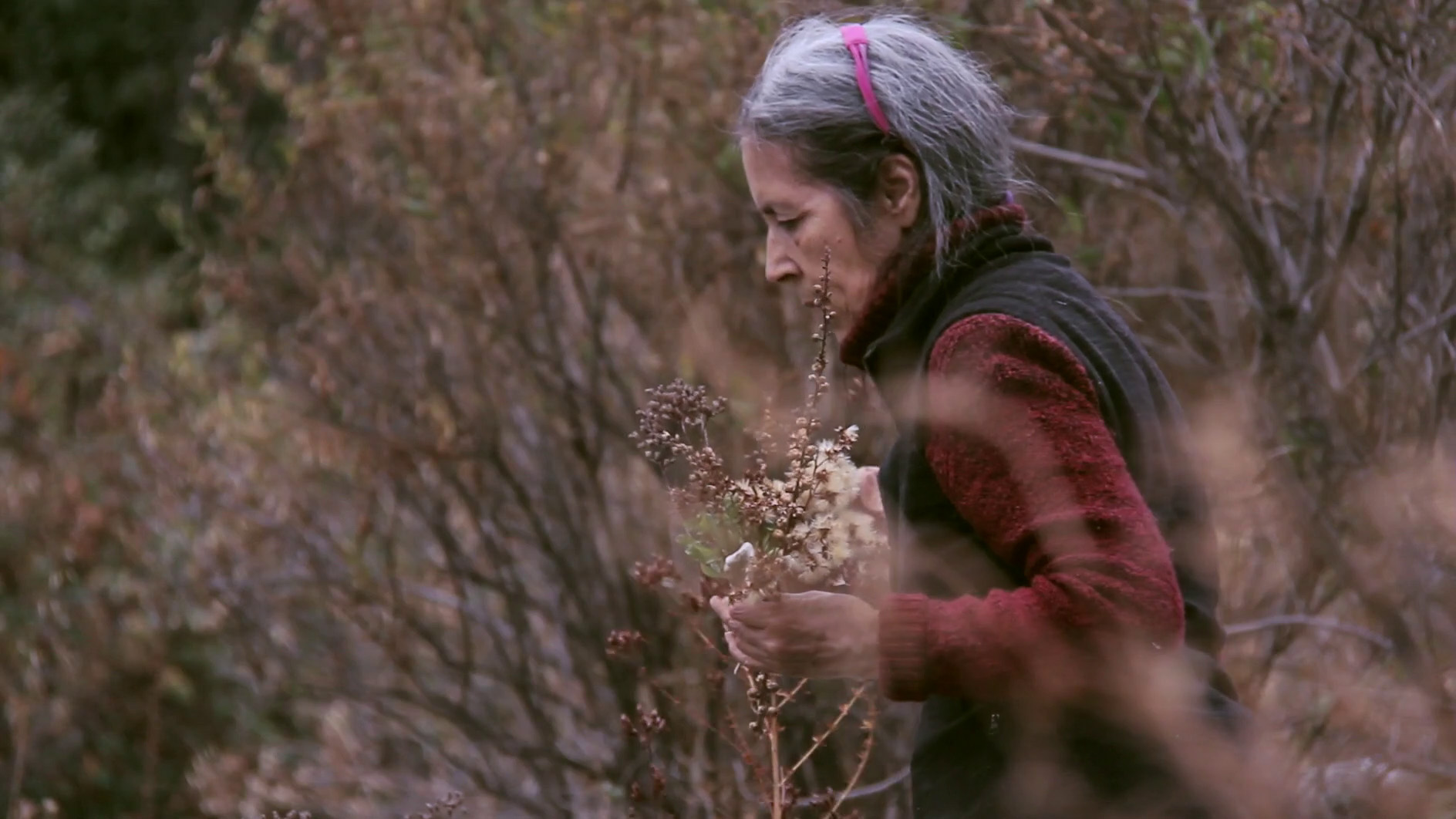Cecilia Vicuña
Biography
Cecilia Vicuña is a poet, performer, and sound and visual artist, who coined the concept of arte precario (or “precarious art”) in the 1960s in response to pressing concerns of the modern world, including ecological destruction, human rights, and cultural homogenization. Born and raised in Santiago, she was exiled during the early 1970s after the violent military coup against President Salvador Allende. This sense of impermanence, and a desire to preserve and pay tribute to the indigenous history and culture of Chile, especially the Quipu (an Andean writing system or “knot-record” fashioned from string), have characterized her work throughout her career.
Vicuña was born in 1948 in Santiago de Chile. She has had recent solo exhibitions at the MoCA North Miami, Florida; Witte de With, Rotterdam, Netherlands; Museo Universitario Arte Contemporáneo, Mexico City; and CA2M, Madrid, Spain. Her first solo show in Asia, “Quipu Girok,” opened at Lehmann Maupin, Seoul in February 2021. Her works are collected by an international array of museums including the Tate London; the Museum of Modern Art, New York; the Guggenheim Museum, New York; the Museo de Arte Contemporaìneo de Chile; the Museo de Arte de Lima; and Museo Nacional de Bellas Artes de Santiago de Chile. Vicuña is the author of 27 books of art and poetry published in the United States, Europe, and Latin America. Her filmography includes documentaries, animation, and visual poems. She is the co-founder of Oysi.org, dedicated to empower indigenous knowledge systems.
Vicuña lives and works in New York City and Santiago de Chile.
